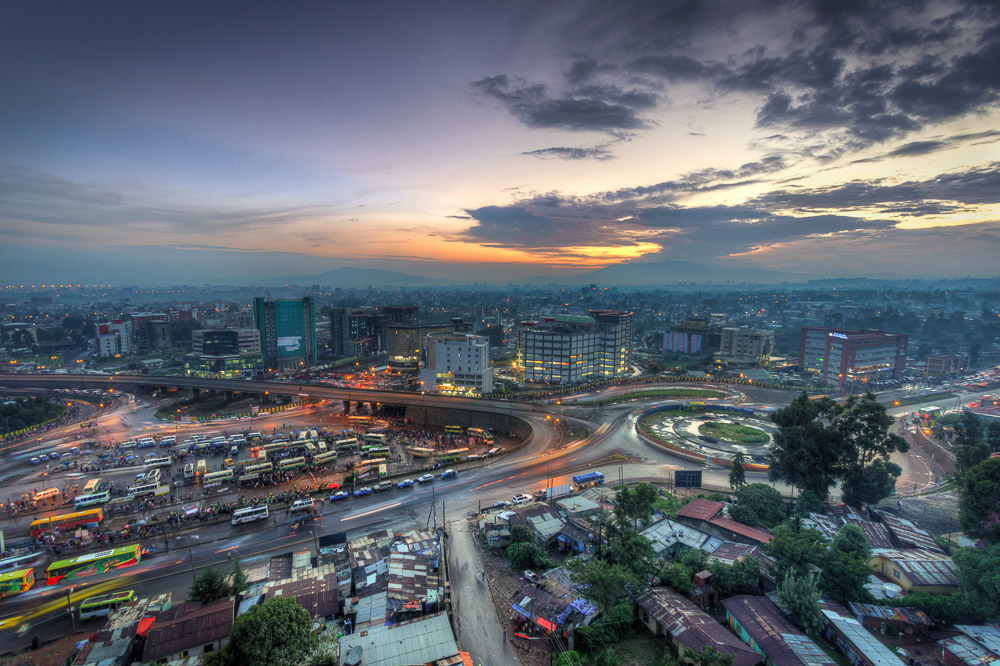The World Bank has approved a $1.5 billion financial package to support Ethiopia’s economic reform programme following the country’s decision to loosen controls on its local currency, the birr. This significant move unlocked long-negotiated funding from international lenders, including the International Monetary Fund (IMF).
The approved financial assistance includes a $1 billion grant and a $500 million concessional loan. The package emphasizes protecting the poor and vulnerable from the costs of economic adjustments. It is also the first financing in a series, with the World Bank expecting to provide an additional $6 billion in new commitments over the next three fiscal years.
On Monday, the IMF board approved a four-year loan programme worth approximately $3.4 billion to support Ethiopia’s reforms, with about $1 billion disbursed immediately. Analysts had indicated that the IMF required several reforms, including floating the currency, to unlock the funding.
Ethiopia, Africa’s second most populous nation, faces a severe economic crisis marked by rapid inflation. The country has about $28 billion in external debt and is grappling with inflation around 20 percent and a shortage of foreign currency reserves. The World Bank’s financing comes at a crucial time as Ethiopia seeks to weather these economic challenges.
Under the new market-based exchange rate regime, the National Bank of Ethiopia has allowed banks to buy and sell foreign currencies to their clients and among themselves, marking a departure from decades of strict currency management.
Prime Minister Abiy Ahmed, who took office in 2018, pledged to reform Ethiopia’s closed and state-dominated economy. However, progress has been slow, hampered by various challenges, including the Covid-19 pandemic, climate shocks, and armed conflicts. The two-year conflict in the northern Tigray region, which ended in November 2022, led to the suspension of numerous development aid programmes and budget assistance.
The World Bank’s and IMF’s support is expected to provide a much-needed boost to Ethiopia’s economy, aiding in its recovery and development efforts.

